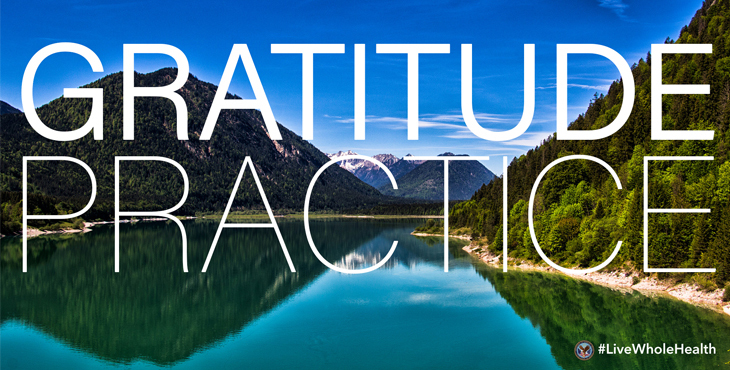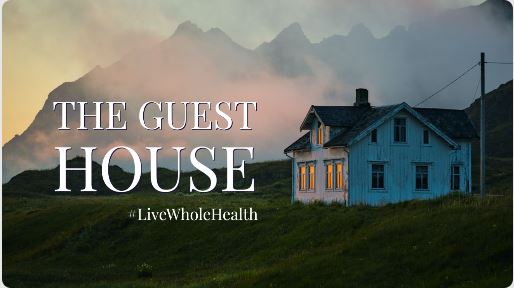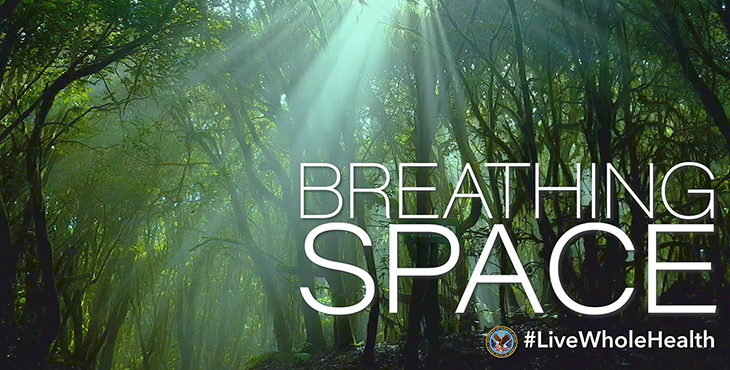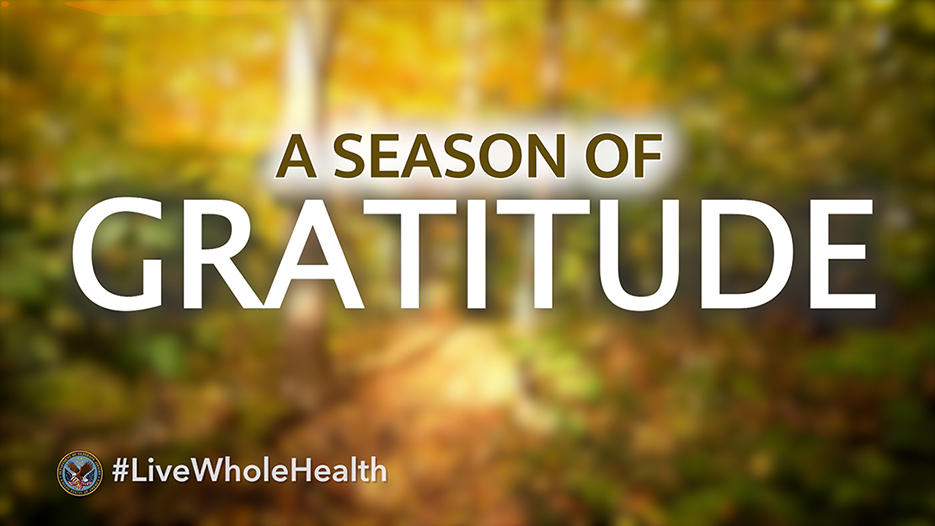Gratitude is a quality, attitude, or expression of thankful appreciation, and it’s a positive emotion that can serve a biological purpose: Scientists have measured positive effects on the body and mind from a gratitude practice.
Often, the negative situations in our daily lives get most of our attention and lead to increased worry, stress and anxiety, distracting us from the positive or good things in our lives. When we take time to focus our attention on what we’re grateful for in life, we can learn to shift our state of mind. One of the best ways to positively affect our day is to start out in a state of gratitude. Having a gratitude practice can be a great skill in our coping skills toolbox.
How can gratitude be practiced?
- Listen to a gratitude meditation
- Write a note thanking someone for something they did for you
- Call or text someone to thank them personally
- Take a nature walk and be grateful for what you can see, hear, feel, touch and smell
- Keep a notebook where you regularly jot down 3-5 things you are grateful for
What are the benefits of being grateful?
Research has shown that being grateful is a powerful force that can help decrease anxieties, stress and other negative emotions. It is difficult to be in a grateful state and also be angry, anxious or sad. Taking time to practice gratitude can be beneficial to your overall health and well-being, since it is positively associated with the following: positive emotions, increased happiness and well-being, increased acts of kindness, improved optimism, increase in overall mental health and positive emotions, improvement in sleep and energy, stronger relationships, and improved mental and physical health. Regular consistent practice, even just for a minute, can help disconnect our mind from negative thoughts.
Check out Amy Honeck, occupational therapist from the Little Rock VA Medical Center, as she shares a short gratitude practice.
Gratitude practice is an example of using the power of the mind to influence your health and well-being. If you want more tools and tips for how to use the power of YOUR mind to improve your life, check out some resources here: https://www.va.gov/WHOLEHEALTH/circle-of-health/power-of-the-mind.asp.
Esperanza Lugo, MA, Doctoral candidate, is the whole health coach for VA Northern California.
Topics in this story
More Stories
Rumi’s "The Guest House" invites us to welcome each emotion as a teacher, even the unexpected ones. Listen and reflect for this week's #LiveWholeHealth practice.
Your breath is the most loyal friend you've always had. Connect, calm and heal with mindful breathing in this week's #LiveWholeHealth practice.
Gratitude is a light that shines through life’s ups and downs. Embrace gratitude this holiday season in just five minutes for this week's #LiveWholeHealth practice.






